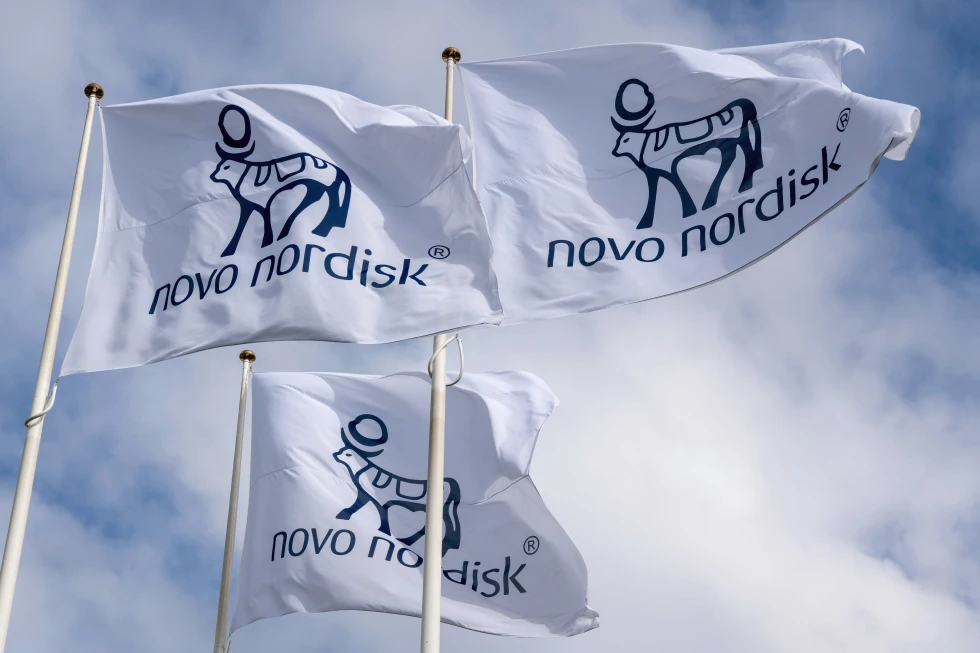The epidemic of obesity among children and adolescents has attained alarming proportions, prompting calls for effective treatment modalities beyond the traditional recommendations of diet and exercise.
Recent research has brought to light significant findings regarding liraglutide, a medication traditionally prescribed for diabetes and obesity in adults and older adolescents.
A small but pioneering study presented at a medical conference and published in the New England Journal of Medicine suggests that liraglutide may be a safe and effective option for treating obesity in children as young as six when implemented alongside structured lifestyle interventions.
This development, if sanctioned by regulatory bodies, heralds a potentially transformative shift in pediatric obesity treatment strategies.
The study involved 82 children aged 6 to 11, with a particular focus on those carrying excess weight and exhibiting complications related to obesity, such as insulin resistance and early onset of puberty.
The findings reveal a compelling picture: children subjected to daily liraglutide injections over a nearly 13-month period experienced a statistically significant reduction in body mass index (BMI)—specifically, a reduction of 5.8%.
In stark contrast, those who received a placebo experienced an increase in BMI, underscoring the drug’s potential efficacy. Interestingly, nearly half of the children on liraglutide achieved a minimum BMI reduction of 5%, a threshold linked with tangible health improvements.
Liraglutide is distinguished as a member of the glucagon-like peptide-1 (GLP-1) receptor agonists class, which includes well-known medications such as Wegovy and Mounjaro.
These agents function by mimicking hormone signals that regulate appetite and satiety. Liraglutide’s dual role in managing diabetes and obesity positions it as a versatile therapeutic option.
The relevance of such medications is underscored by the Centers for Disease Control and Prevention (CDC) statistics indicating that more than 20% of children aged 6 to 11 in the United States are affected by obesity.
Despite the promising outcomes associated with liraglutide, the study’s findings must be interpreted with caution. Notably, while mild to moderate side effects were common—with nearly 90% of participants reporting them—gastrointestinal issues such as nausea and vomiting were particularly prevalent among those receiving the drug.
The implications of these side effects on long-term adherence and quality of life must be firmly considered before integrating liraglutide into pediatric treatment protocols.
As Dr. Claudia Fox, the leading researcher on the study, aptly points out, until now, children have been left with few options beyond modifications in diet and physical activity.
In light of these findings, it is imperative for healthcare professionals to engage in thorough discussions with families considering liraglutide for treatment.
The considerations should encompass not only the benefits of weight management and improvements in health markers but also the potential adverse effects and the still-limited data on long-term use in children.
Experts emphasize that tailored approaches considering the individual child’s age and health status will be crucial. Dr. Melissa Crocker, a pediatric obesity specialist, notes that an individualized assessment is critical—what might be appropriate for a 6-year-old may dramatically differ for an 11-year-old.
As Novo Nordisk moves to secure regulatory approval for expanded use of liraglutide in younger populations, the healthcare community must approach this transformative potential with a balanced perspective.
The integration of pharmacological solutions into pediatric obesity treatment is not merely about introducing a new medication; it is about re-evaluating the entire paradigm of how society, medical professionals, and families perceive and address childhood obesity.
By complementing lifestyle interventions with medication, a holistic approach to obesity management emerges, fostering a more comprehensive strategy that could yield lasting results.
In the context of pediatric obesity management, a recent study has illuminated significant findings during a six-month follow-up period, whereby it was observed that children from both treatment groups who discontinued their intervention exhibited an increase in body mass index (BMI) and weight gain.
This pivotal research trial has been extended to encompass additional treatment methodologies and follow-up assessments, with anticipated results slated for release in the year 2027.
Notably, Dr. Fox, a key researcher involved in the study, receives research funding from Novo Nordisk, while Eli Lilly has provided financial support directly to her institution.
Both pharmaceutical companies are concurrently advancing their own clinical trials for more potent weekly injections of Novo’s Wegovy and Lilly’s Zepbound, aimed at the pediatric population as young as six years old.
In a complementary perspective, Dr. Alaina Vidmar, a pediatric obesity specialist affiliated with Children’s Hospital Los Angeles and not directly involved in the aforementioned study, has indicated her practice of utilizing liraglutide off-label to address obesity in young children.
She expressed a fervent desire for formal approval of this medication, which would enhance the flexibility and accessibility of treatment options.
Notably, she emphasized that this pharmacological intervention addresses the fundamental physiological aspects of obesity, a multifaceted and persistent condition that can manifest at any age.
Dr. Vidmar advocates that initiating treatment at an earlier stage could serve to mitigate the onset of obesity-related comorbidities, such as early-onset diabetes, cardiovascular diseases, and sleep apnea, thereby promoting a trajectory towards long, healthful lives for these children.
“We want these kids to have long, healthy lives,” she passionately asserts. “The sooner that we can start, the more likely we can stop them from getting early onset diabetes, early onset heart disease, sleep apnea, all of those things.

Doing nothing is not the right answer.” This unequivocal stance highlights the urgency of interventional strategies to combat the burgeoning epidemic of childhood obesity effectively.
In conclusion, the study of liraglutide in younger populations underscores a significant potential advancement in the management of pediatric obesity.
While the efficacy and safety of the drug are promising, the nuanced considerations regarding side effects and the long-term implications of pharmacotherapy necessitate careful deliberation.
As obesity continues to escalate among children and adolescents, the importance of multi-faceted treatment approaches that are both effective and sensitive to the unique needs of younger patients cannot be overstated.
It is a pivotal moment, and as research progresses, it may reshape the landscape of obesity treatment, offering hope and tangible solutions to an urgent public health challenge.
